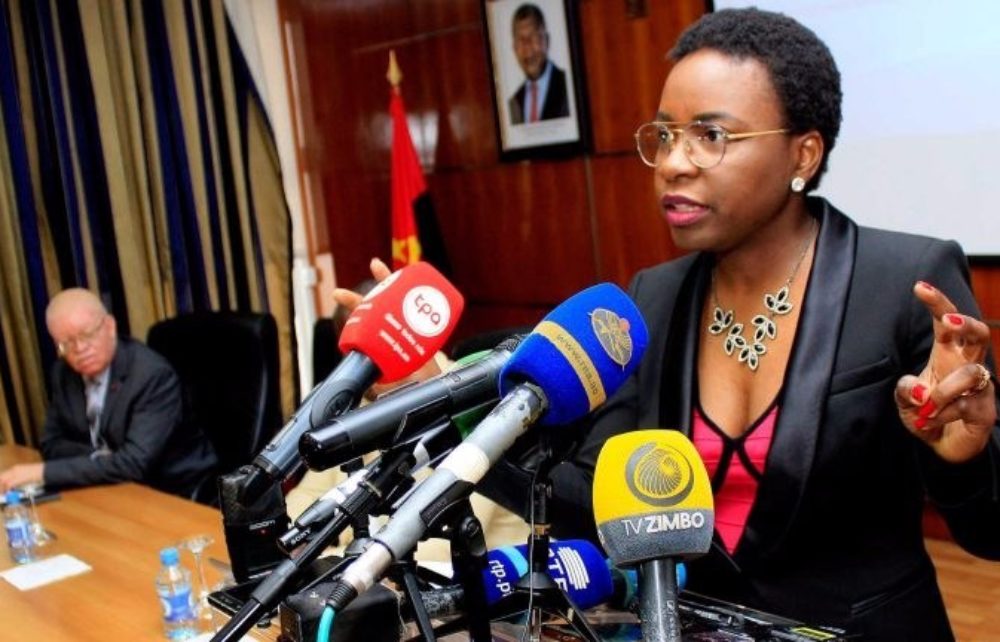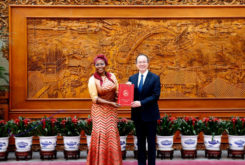Angola agreed with the China Development Bank, the country’s largest single creditor, to release cash held as collateral for a multibillion-dollar loan, its finance minister told the Financial Times
The new deal “will allow us to release the funds [for interest payments] . . . USD 150mn to USD 200mn will be available monthly”, Vera Daves de Sousa said.
The arrangement avoids a broader debt restructuring. “We understand that it is not restructuring, because we didn’t ask for a change of maturities and we didn’t ask for a change of payments,” Daves de Sousa said. On the contrary, she said, in order to keep servicing the debt without defaulting, “we are asking to pay this debt quicker”.
China Open to “Adjustments” to Angolan Debt, Not Restructuring
Chinese creditors had granted Angola a three-year moratorium on its debt payments after the coronavirus pandemic. But the resumption of those payments in 2023 exacerbated a sharp economic downturn in Angola’s economy and hit its currency, the kwanza. Angola had been required to continue other payments such as on US dollar bonds throughout the pandemic.
Angola owes about USD 17bn to China — just over one-third of its total debt — mostly in the form of loans backed by oil. The nation is Beijing’s biggest borrower on the continent.
State-owned CDB’s lending required Angola to top up cash collateral in a special escrow account as security, to a minimum amount of USD 1.5bn. Daves de Sousa said Angola had been required to pay in extra money when the oil price was more than USD 60 a barrel.
Angola among African countries helped by China with pandemic debt relief
Asked about the arrangement, China’s foreign ministry said Chinese financial institutions had made “significant contributions to the development and revitalisation of Angola and the improvement of people’s livelihoods”.
“Recently, Chinese financial institutions have had friendly and in-depth communications with Angola regarding the loan issues between the two sides, reaching a consensus that satisfies both parties,” the ministry said, without giving details.
Crude oil accounts for almost all Angola’s export earnings, but production fell from 1.5mn barrels a day in 2018 to just over 1.1mn b/d last year, straining the country’s finances. President João Lourenço’s government quit the Opec cartel last year after disagreements over quotas limiting output.
Angola accelerates plan to repay USD18 billion debt to China
Cash escrow accounts have become “a particularly important safeguard in China’s bilateral lending portfolio”, AidData, a research lab on international development at William & Mary college in the US, said last year.
Although international markets have reopened to many African borrowers as an alternative to Chinese loans after high global interest rates kept them away for several years, Daves de Sousa said Angola was yet to decide whether to issue a US dollar bond in 2024.
Angola’s efforts to diversify its exports away from crude towards sectors such as agriculture and tourism were “a work in progress”, Daves de Sousa said. “We still have high exposure to the oil sector, oil production and the oil price . . . [but] looking at GDP, we are consistently seeing the non-oil sectors growing, and jobs are being created in these sectors.”
Leaving Opec would help Angola’s oil sector grow, the minister added. “We expect the private sector, the oil majors, to feel they have [more] free space to do the investments they want to do to increase production.”




